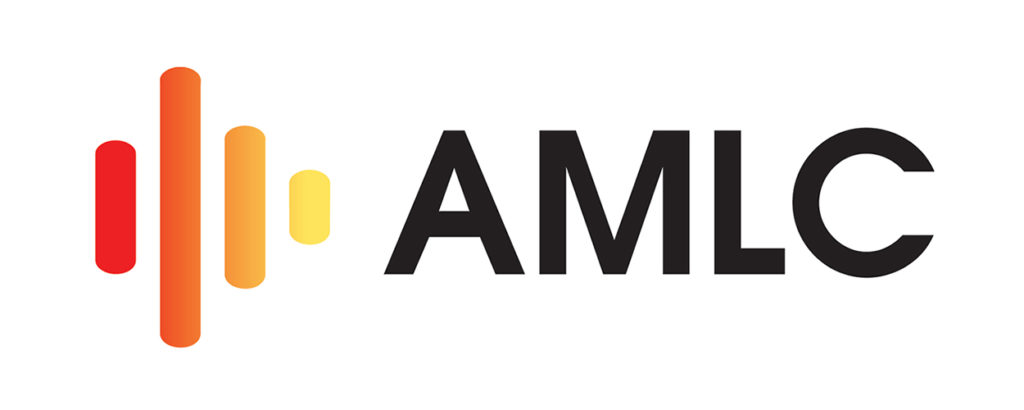This website uses cookies so that we can provide you with the best user experience possible. Cookie information is stored in your browser and performs functions such as recognising you when you return to our website and helping our team to understand which sections of the website you find most interesting and useful.
Business News Labels & Publishers Legal
Group bidding to set up new US mechanicals society dispute rival’s “overwhelming” support claim
By Chris Cooke | Published on Thursday 21 February 2019

One of the groups bidding to set up the new mechanical royalties collecting society in the US has penned an op-ed piece for Billboard, responding to recent statements made by its rival. The article argues that, while many music industry trade groups may have endorsed the other side, that doesn’t mean they represent the majority of the music community, given how many DIY songwriters are now pumping music into the system every week.
It was last year’s Music Modernization Act that said that a proper mechanical royalties collecting society should be established in the US for the first time. The aim is to simplify the process of licensing the mechanical rights of songs in the digital space, by setting up an industry-wide framework via which royalties can be paid to music publishers and songwriters that do not have direct deals with the services.
Groups interested in running the new society have until 21 Mar to submit an application to the US Copyright Office, which will then pick a winner based on criteria set out in the MMA. There are two groups interested, which can be more or less classified as the establishment group and the anti-establishment group.
The former is led by the National Music Publishers Association with support from the Nashville Songwriters Association International and the Songwriters Of North America. The latter, which is behind the new Billboard piece, is backed by Tunecore and Audiam founder Jeff Price, Pledge and DotBlockchain founder Benji Rogers, songwriters Stewart Copeland and Rick Carnes, and various other people with a music licensing or publishing background.
The first group recently declared that its proposal was now supported by the “overwhelming majority of copyright owners”, before publishing a list of trade bodies, music companies and other collecting societies that have backed its bid. Such support is important because the MMA says that the successful bidders must be “endorsed by, and enjoy substantial support from, musical work copyright owners that together represent the greatest percentage of the licensor market for uses of such works in covered activities”.
But in its response, the second group – operating under the name AMLC – argues that the other side’s claim depends on how you define “the licensor market”. The article points out that “about 90% of the millions of global music copyright creators own and control their own copyrights. Each month alone in the US there are over 500,000 new recordings of new songs from tens of thousands of DIY, self-owning copyright owners being delivered to US music services and made available to stream. In just the last year, hundreds of thousands of DIY copyright owners have created and distributed at least six million works”.
“It is this constituency of millions of hard-working individuals, with a rising market share, that represents the majority of musical works copyright owners”, the opinion piece goes on. “These global copyright owners, combined with the legacy industry, make up the entire licensor market eligible to be streamed in the US”.
And, arguably, the millions of self-published writers are more important because, as the AMLC’s article points out, “some of the biggest publishers in the traditional music industry are expected to bypass and not use the [new society] due to their direct licensing deals with the digital streaming services, as compared to the millions of global copyright owners whom will rely on the [society] for licensing and payments”.
The piece concludes: “This point further exacerbates the yet-to-be-resolved conflict of interest; that is, board members of the [new society] can recommend other copyright owners’ money be liquidated and given to themselves through market share disbursements, all without actually having to use the [society] for their own copyrights. This outcome is most certainly not the intended application of the law”.
You can read the full op-ed here. AMLC’s bid is outlined on this website here, while the NMPA-backed proposal is here.





